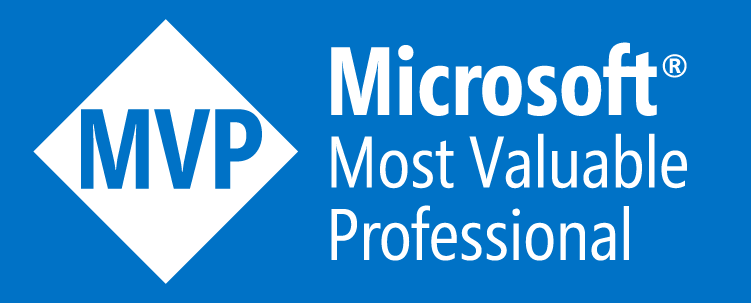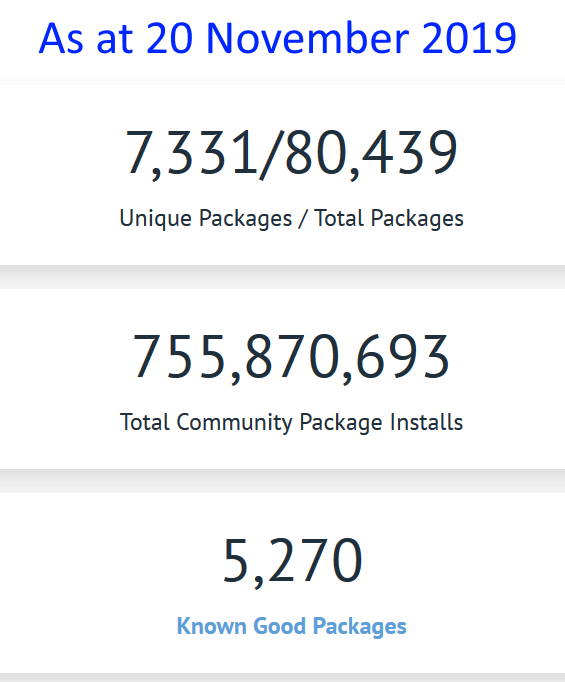Click Free Application Deployment
With The Magic Of PowerShell and Chocolatey
|
|
|
|

|

|

|
- Understand what Chocolatey is;
- Understand the difference between packages and installers;
- Be able to create a package;
- Learn how to work with installers that won‘t install silently;
- Learn to use Pester to test your packages;
- Learn what the Chocolatey Community Repository is;
- Tips on how to keep your package continually updated;
Questions at the end. Plleeaassseeeee?
What Is Chocolatey?
To install PowerShell Core on Linux:
apt install -y powershell
yum install -y powershell
pacman -S powershell
To install PowerShell Core on Mac:
brew cask install powershell
To install PowerShell Core on Windows:

What Is Chocolatey?
- Chocolatey is the package manager for Windows
- Created by Rob Reynolds (@ferventcoder)
- First version released on 23 March 2011
Now Windows has:
choco install powershell-core -y

Chocolatey Prerequisites
- Windows 7+ / Server 2003+
- Windows PowerShell 2
- .NET 4 (TLS 1.2 requires .NET 4.5)
- No Nano Support (see GitHub issue #1371)
Fundamental Tenet Of Chocolatey

|
| Chocolatey manages packages. | Packages manage installers. |
What Is A Chocolatey Package?
|
What is a Chocolatey package:
|
packagename.nuspec
chocolateyInstall.ps1
googlechrome.msi
|
|
What can a Chocolatey package do:
|
chocolateyInstall.ps1
chocolateyBeforeModify.ps1
chocolateyUninstall.ps1
|
DEMO 1
Lets Look At Chocolatey Packages
Chocolatey Community Repository
Everything you wanted to know but were afraid to ask.
- Repository is at chocolatey.org hosted by Chocolatey;
- Chocolatey uses it as the default chocolatey package source;
- Vast majority of packages created by volunteer maintainers;
- Some vendors maintain their own packages;
- Repository is for the many and not the few - use is monitored;
- Licensing is important - does not have redistribution rights;
|
Chocolatey Community Repository Monthly website stats as of November 2019:
|

|
|
Rate Limiting - 1 hour block
|
|
|
Monthly Download Monitoring - fixed block
|
| Push |
|
||
| Received |
|
||
| Approved | Monthly Package Verifier |
Organizational Community Repository Use
- Not recommended for direct use by organisations:
- Reliability;
- Trust;
- Bandwidth;
- Distribution rights;
- Recommend you create package repository with Artifactory, Nexus or ProGet;
- Disable Chocolatey Community Repository:
choco source disable --name="'chocolatey'"
DEMO 2
Tips For Testing and Keeping Your Packages Continually Updated
Summary
- We know what Chocolatey is;
- We know how to create a package and how to use the template;
- Learned how to deal with troublesome installers;
- Use Pester to test our packages;
- Learn what happens when you submit a package to the Chocolatey Community Repository;
- What to use to keep your package continually updated;
Questions
| https://blog.pauby.com |
|
|
| @pauby | ||
| github.com/pauby | ||
| linkedin.com/in/paulbroadwith |
pau.by/talks
